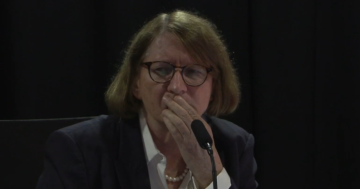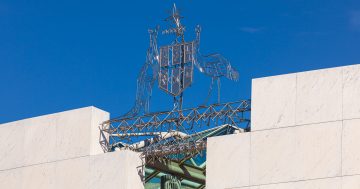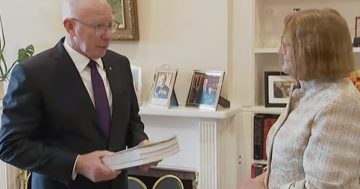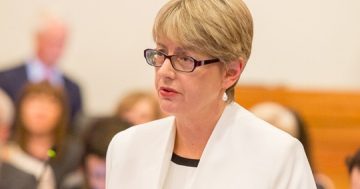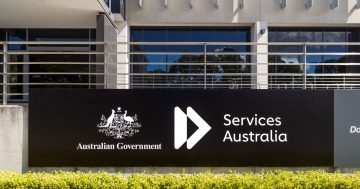
Automated Robodebt notices are the subject of a royal commission. Photo: File.
Victims of Robodebt were promised they would be repaid the unlawful accounts they received and paid through the automated system, but it took years before any of them saw their money returned, the royal commission into the scheme has heard.
Witnesses appearing before the inquiry spoke of unprecedented grief, fear and hardship because of the illegal Robodebt scheme.
Deanna Amato was one such witness, and one victim who successfully sued the federal government over the debt in 2019.
Giving evidence on Friday, accompanied by Legal Aid lawyers, Ms Amato said she knew others had faced worse hardship than her.
But her $4000 ”debt for a study support payment” caused her great stress, and she knew she had to sue the government.
“I was very scared. It gave me a bit of anxiety,” she told the inquiry.
“It wasn’t an easy decision, but seeing the documents for myself, it seemed really obvious where the mistake happened and I just felt like I was in the right place to do it because it was just so obvious.”
The inquiry heard from the Legal Aid lawyers that even after Ms Amato successfully sued the federal government, others wrongly accused of owing money found it extremely difficult to disprove the validity of the debt notices.
“I think that’s one of the most egregious aspects of the scheme, that ultimately people were paying the government money they didn’t in fact owe and these were some of the most disadvantaged people potentially in Australia,” Legal Aid lawyer Rowan McRae said.
“That was money that could have been used for other things, for groceries or health care or schoolbooks, and the money was held on to for many months and in some cases years.”
But even after the Morrison Coalition government quashed the scheme and promised that the debts would be repaid, many people had to wait years for their money, the inquiry heard.
A former Department of Human Services general manager, Mark Withnell, appeared for the second time before the royal commission and described a “chaotic atmosphere” resulting in “great numbers” of staff in the department taking stress leave over the rollout of the scheme.
“At the time, things were moving very fast,” Mr Withnell said.
“There was a degree of anxiety.
“Everything was very busy and very hectic.”
Robodebt was an automated debt assessment and recovery program employed by DHS and its successor, Services Australia, for Centrelink compliance.
It began in 2016 and became hugely controversial due to its incorrect calculations and threat to issue illegal notices causing untold physical and mental health issues among notice recipients.
It became the subject of numerous inquiries, leading to the Coalition government scrapping the scheme in 2020 and promising to repay 470,000 wrongly issued debts.
In 2021, Federal Court Justice Bernard Murphy ruled the scheme unlawful.
Following Labor’s election victory last year, Prime Minister Anthony Albanese established the royal commission into the matter.
The hearings continue, with former DHS secretary Renee Leon scheduled to appear.
Among others also set to give evidence in the last weeks of the inquiry are former Human Services ministers Michael Keenan, Stuart Robert and Marise Payne.












